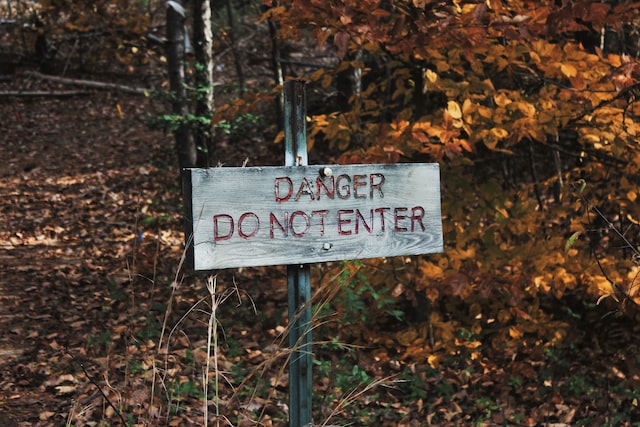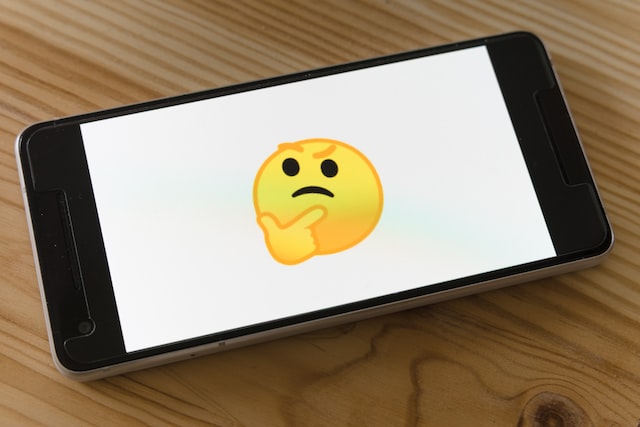 Welcome to the second entry in the “How Can I Sleep Better” series! Last entry, we discussed sleep latency, sleep efficiency, and sleep opportunity. Today, we will be focusing on a common sleep aid taken by kids and adults alike called melatonin. We’ll look at the efficacy of melatonin, some misconceptions surrounding melatonin, what it is, and when it should be taken. Join me as we dive in a bit deeper into sleep and progress your journey to be a sleep aficionado!
Welcome to the second entry in the “How Can I Sleep Better” series! Last entry, we discussed sleep latency, sleep efficiency, and sleep opportunity. Today, we will be focusing on a common sleep aid taken by kids and adults alike called melatonin. We’ll look at the efficacy of melatonin, some misconceptions surrounding melatonin, what it is, and when it should be taken. Join me as we dive in a bit deeper into sleep and progress your journey to be a sleep aficionado!
I would imagine that most people have heard of melatonin. It’s likely that you know what melatonin is if you’ve sought out a blog to try and sleep better. This pill isn’t widely marketed as some other sleep aids like Ambien or Lunesta, but it often comes in delightfully colorful packaging for the kids and looks like any other multivitamin for the adults. The promise of melatonin, in the eyes of many people, is that it generates sleep. How could it not? You take a melatonin before bed, and you sleep better! When you don’t take the melatonin, you notice that your sleep isn’t as good. The problem with this is it’s completely wrong from a scientific perspective.
Dr. Matthew Walker, a sleep scientist out of Berkley, wrote a book called Why We Sleep. Unlocking the Power of Sleep and Dreams and he goes into heavy detail concerning melatonin and the dangers of it. Before reading on, the use of the word danger is not to put you on edge or to think melatonin is going to kill you, but it is dangerous for a couple of reasons but let’s talk about what melatonin is and the misconceptions surrounding it. In order to understand why the thought process I explained in the previous paragraph is wrong, we have to understand what melatonin is and what its function is. Melatonin is a hormone secreted by your pineal gland that helps with the timing of sleep. Notice that TIMING and not GENERATING of sleep was said. Dr. Walker states in his book that people who tend to take melatonin, and report sleeping better, are experiencing the placebo effect in most cases. You sleep better because you think you’re taking something to help you generate sleep. It’s a powerful effect but it isn’t objective. What’s really happening is you’re increasing the production of melatonin significantly and that’s telling your body, perhaps a bit earlier than it should, that it’s time to sleep. After doing this for an extended period, your body stops making melatonin because it recognizes that it gets melatonin without producing it. As a result, there’s no need to naturally produce it. Another issue with melatonin is it’s a supplement that is not regulated by the FDA. Quick homework assignment for you! How many milligrams of melatonin is in a 5mg tablet of melatonin? If you said 5mg, you would be wrong! If you said, “I dunno”, you’re more right than you think. Because there is lack of regulation, the amount of actual melatonin in a capsule varies significantly. Studies have shown anywhere from a 40% decrease to a 400% increase from pill to pill. That means one 5mg capsule of melatonin could have 2mg to 20mg of melatonin. Such a dynamic shift in melatonin intake is detrimental to your sleep because it puts your natural rhythm into utter chaos, I’ll go into the suprachiasmatic nucleus in a different blog post.
Before reading on, the use of the word danger is not to put you on edge or to think melatonin is going to kill you, but it is dangerous for a couple of reasons but let’s talk about what melatonin is and the misconceptions surrounding it. In order to understand why the thought process I explained in the previous paragraph is wrong, we have to understand what melatonin is and what its function is. Melatonin is a hormone secreted by your pineal gland that helps with the timing of sleep. Notice that TIMING and not GENERATING of sleep was said. Dr. Walker states in his book that people who tend to take melatonin, and report sleeping better, are experiencing the placebo effect in most cases. You sleep better because you think you’re taking something to help you generate sleep. It’s a powerful effect but it isn’t objective. What’s really happening is you’re increasing the production of melatonin significantly and that’s telling your body, perhaps a bit earlier than it should, that it’s time to sleep. After doing this for an extended period, your body stops making melatonin because it recognizes that it gets melatonin without producing it. As a result, there’s no need to naturally produce it. Another issue with melatonin is it’s a supplement that is not regulated by the FDA. Quick homework assignment for you! How many milligrams of melatonin is in a 5mg tablet of melatonin? If you said 5mg, you would be wrong! If you said, “I dunno”, you’re more right than you think. Because there is lack of regulation, the amount of actual melatonin in a capsule varies significantly. Studies have shown anywhere from a 40% decrease to a 400% increase from pill to pill. That means one 5mg capsule of melatonin could have 2mg to 20mg of melatonin. Such a dynamic shift in melatonin intake is detrimental to your sleep because it puts your natural rhythm into utter chaos, I’ll go into the suprachiasmatic nucleus in a different blog post. 
Now you may be saying, “but Kevin, I give my kids melatonin and they are out like a light! Maybe adults shouldn’t take it, but my kids can, right? I enjoy my nights when my kids are asleep faster!” As someone who doesn’t have kids, I can’t fully grasp what a kid-free evening can do for your emotional health, but I can tell you that there is a better way to help your kids sleep than giving them a hormone that is going to throw their natural clock into a bit of chaos. Dr. Chris Winter is a sleep doctor that has written multiple books on sleep and one of these books was specifically written for kids. The Rested Child is a fantastic resource for parents and others taking care of kids to help them sleep. The short of it is, melatonin doesn’t solve the problem. If you give an adult or a child some melatonin to help them sleep because they aren’t sleeping enough, you’re putting a band aid on something and hoping it goes away. Since melatonin doesn’t help you sleep, it just helps with the timing, there’s no reason to really use it. “Ok, Kevin. At the start of this, you said there were times when you can take melatonin. When can I use it?!?!” A great question!
Despite the general misconceptions about melatonin generating sleep and being the go-to sleep aid, there are some applications where it is objectively helpful. There are 3 categories in which melatonin is helpful. If you are suffering from jetlag, if you are elderly, or if you are a shift worker. The thing all 3 of these categories have in common is their sleep is inconsistent or so far off base from their natural rhythm that it can be difficult to feel rested. We are not meant to sleep throughout the day as if it were night so it makes sense why those who are jetlagged or shift workers would need help with their sleep timing. The elderly can experience much of the same thing because there is a degradation in their brain that involves these key areas for sleep, though that degradation varies.
At the end of the day, I am not saying that melatonin is the worst thing or too harmful on a physiological level. What I am saying is that melatonin is largely misunderstood, highly unregulated, and addresses a possible symptom instead of the problem. I hope, at the very least, you’ll take some time to think through why you’re taking melatonin and instead find ways to sleep without it
Sleep fact for your next party: On average, melatonin provides an extra 3.25 minutes of sleep over an 8-hour period.
Thank you for reading, I hope you sleep well tonight, and I’ll see you in the next entry!
Kevin


